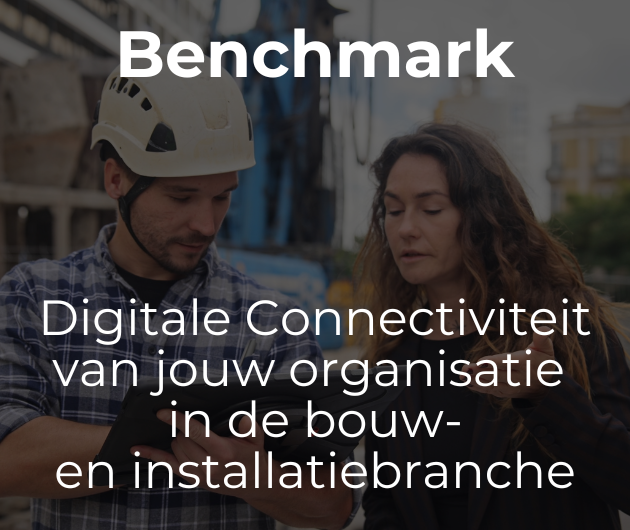Back in the early days of office automation, when Xerox lead the way with the Star workstation, the "paperless office" was predicted to revolutionise the way we work.
We all know that it didn’t happen, but e-mail has apparently added a new influence to the concept. Richard Harper and Abigail Sellen of the University of Surrey and HP’s Laboratories have just completed a study which indicates that e-mail is increasing the use of paper ! Obviously some technologies, facsimile in particular, need paper, but the theory is that e-mail reduces the need since the message can be read on a screen. The same can be said about documents created with a word processor and distributed by electronic systems. In theory this avoids making multiple copies for distribution, but in practice it seems that most recipients still print out the document, so that we have both the cost of printing on expensive printers instead of a photocopy and the cost of electronic distribution, not a particularly cost effective technique.
The fact is that paper is user friendly. It is all well and good displaying a short message on a screen, such as instant messaging with a mobile phone, but anything longer than a page and the temptation to print it is irresistible. A print can be picked up at any time and read almost anywhere. I have seen a personal pocket computer which can store a book and I have colleagues who can read the small screens, but I find it an eye strain compared to a book. I can also make marks on a print far more easily than on a screen.
In practice a sensible combination of on-screen and print is best, which can be adapted to suit the individual. I get a lot of abstracts by e-mail (thanks!) which I scan on screen, but then print out the more relevant ones.
The thing that is missing however is storage and retrieval. At the moment most documents are created by a word processor, in a variety of incompatible formats. Such documents are unstructured and have "style" embedded into the document. This makes it difficult to integrate with an indexing system and impossible to integrate with a document management system. The good news is that in XML we have the technology to create structured documents. Unfortunately, even though Microsoft et al are adopting XML for formatting data in e-commerce systems, it seems a long way off before XML-based word processors appear to replace the archaic Word and similar products. When it does happen then document servers will come into force and we will be able to find relevant documents with ease.
Nevertheless, by adopting a formal indexing system based on file names and a simple title, word processor documents can be filed and retrieved. In theory paper based documents can also be filed, but we all know that that is an inefficient and error prone process.
There is another aspect of paper that will be relevant in some businesses for ever. Not everyone has a computer to create and distribute letters and documents electronically. Thus paper handling is still a significant necessity, both for output, but also for input to electronic systems. Many technologies have been implemented to handle text and data input from print. Some are very successful if there is some control over the format of the document, e.g. a form or special characters (OCR). Automatic translation of typed pages, with standard fonts, is now very accurate, but the problem of interpreting hand written letters is still severe. For this reason image scanners are still important in many industries which interact with the general public, and will continue to be so for the foreseeable future.
The technical progress made with printers over the last ten years is phenomenal. The speed, quality and size have all improved, but the cost most of all. While print servers are still the right approach for groups of users, most individual PC users have their own printer, the quality of which is good enough to create the equivalent of an A4 photographic print, in colour. Few technologies have advanced as much as printers, except possibly bulk storage. No wonder we still like printing things!
And so we come back to the "paperless" office. I doubt that it will happen in my life time, it will need a complete change in the way we intercommunicate with each other. For the time being let us be grateful for a useable balanced between screen and paper.








